|
12/12/2023 Jay Halsey & Hillary Leftwich3 Photographs Statement: Hillary Leftwich and I began a collaborative photo and writing project that will someday be published into a book. The idea is to capture our working-class neighborhood to tell stories about the connections of humans, or the connections we missed, through the distractions and hardships of everyday life.
12/12/2023 Kobina WrightOnce Friendly Land
12/5/2023 0 Comments Ellie SnyderMagic City Twilight plummets through glass Onto Yve’s stacked cavern beds Nicked people spinning off the curb While a girl with bandaged feet hauls Her kill home over her shoulder The next day the workers are louder Stuffing sacks with anniversaries They shuffle out into skin temp rain To bars where men sever eyebrows Sit blinds open one gold lamp on This searing beach exists for women And the alcove behind it full of sanded Bottles and crisp bread stood in tins To question eyes and their vacancy Set back in stranger’s faces 12/4/2023 Mary McColleyUNTITLED 2 I am wingless beneath a sky train in the gutted, electric crack of night, puckered lamps hang closer than the clouds, not that there are stars out, anyways, and a cold wind runs through a hot country, slides its brillig arm ‘round my shoulders, asks me, are you more than or less than the light? 12/1/2023 Brennan DeFrisco"Hey Girl" is from Brennan DeFrisco's new poetry collection Honeysuckle & Nightshade Grab a copy from Powell's
11/30/2023 Izzy Dimiceli11/29/2023 Steven DunnSelected Etch a Sketches
11/27/2023 Gina TronDead Ringer The referee is calling foul as I panic, breathe deep Slow down before trudging through snow, a punishment I bestowed upon myself The ring is always iced like a Toaster Strudel crumbs jammed in the toaster stuck like the memory of me when I first watched The Funkasaurus plead with someone to call his momma, a punishment bestowed upon Tyrus from Vince McMahon I’d grab my phone, call my momma (dealer) and drown myself in flurries until I was unable to sit on the couch to enjoy Edge pulling his hair Frozen, I’d sit in bed shaking and surrounded by flakes I’ve iced up my ring again and the ref has turned his back to me he is the month of February, short and cold.
11/22/2023 Mandy Nadyne ClarkCanned Goods Do you recall the time I borrowed a can of beets to smash a fly in my living room? Of course you don’t, because I told you it was to impress my mother if she looked through my cupboards at Thanksgiving. You first offered me low-sodium green beans, but I filled you in on her previous rant on how low-sodium products were just a rouse to put the Morton Salt company out of business. My mother canned her own green beans. The reason I’m telling you all this is because the flies are back. It’s only April and they’ve come alive from somewhere in the house, a nest or through a corner in the sunroom, and they seem asleep. They’re so slow and fat all I need is day-old bread to crush them—the heel no less! I stared out the front window to your old driveway and the neighbors have a new Volkswagen. A bug to be exact. And then I laughed about how you’d probably come up with some clever way to work insects into the conversation or mention how the Jeff Goldblum version of The Fly is way better than the original. I’d have to agree. But then it dawned on me that you couldn’t make any comment like this because I wasn’t honest about killing the fly with your beets. Grab your can opener and call me next Tuesday.
11/21/2023 smoke belly by Jamie A.M.
|
AuthorOur fabulous blog team Archives
June 2024
CategoriesAll 12 Songs Art Art And Athletes Book Review Chorus Blog Date This Book Game Of Narratives Guest Blog Letter From The Editor Lifehacks Movies Of 2019 Music Pup Sounds Smackdown Strive For 55 Summer Playlists |
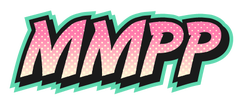
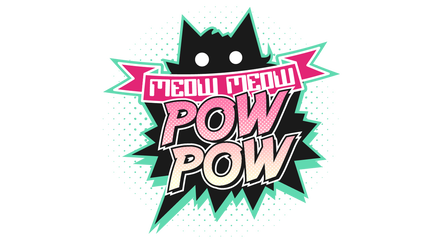
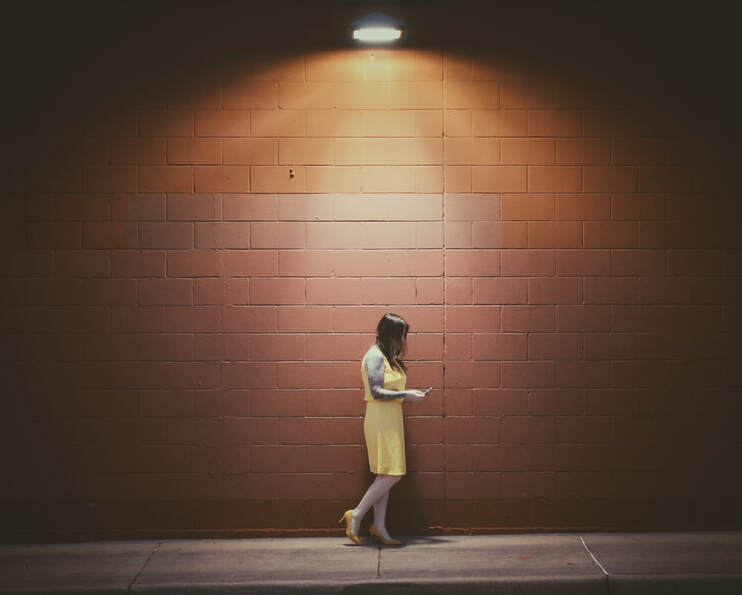
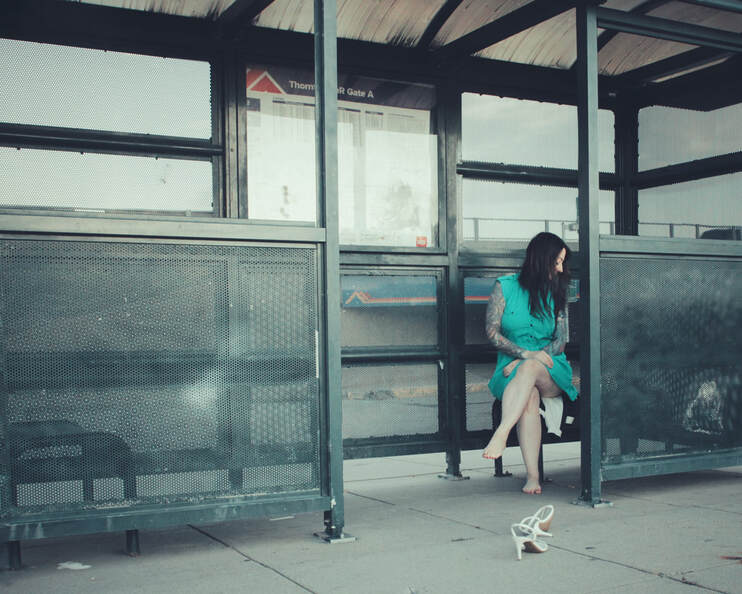
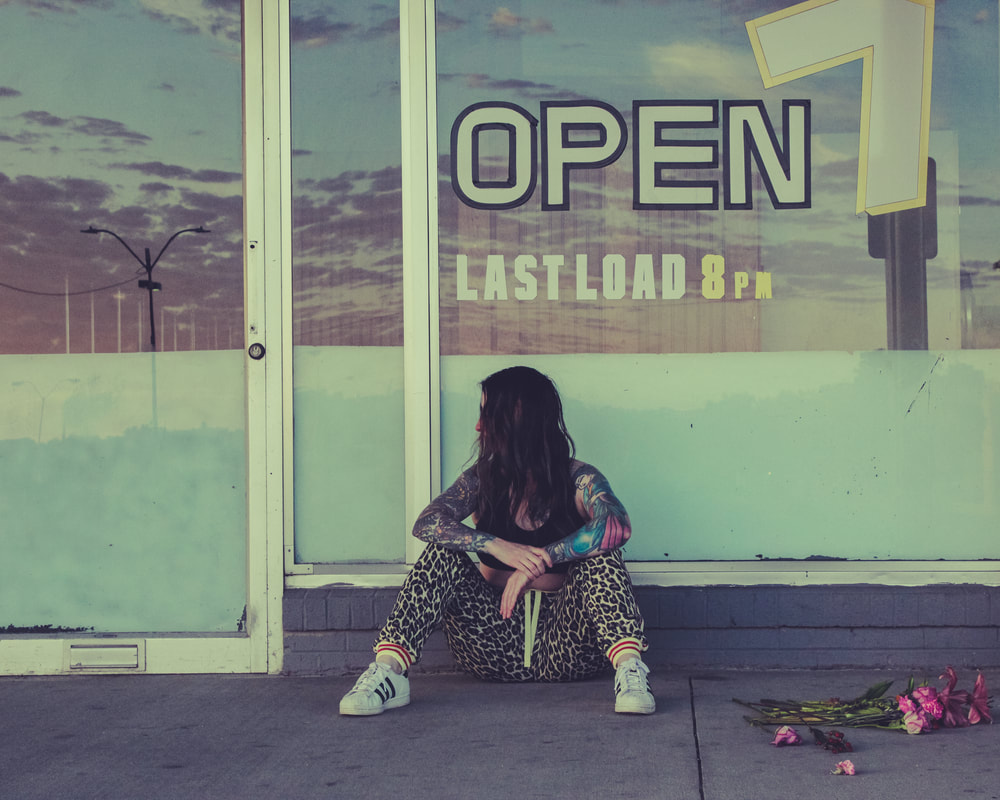
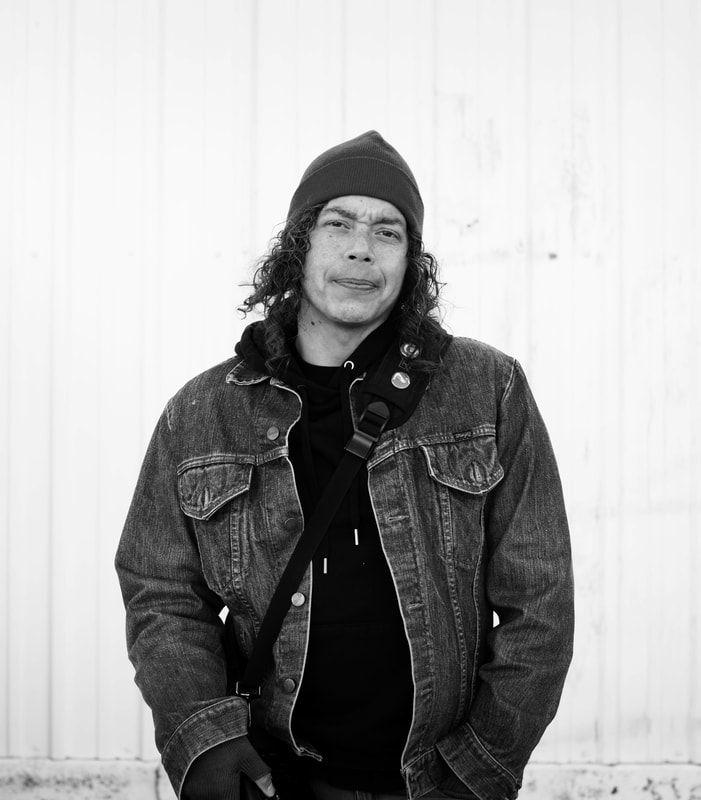
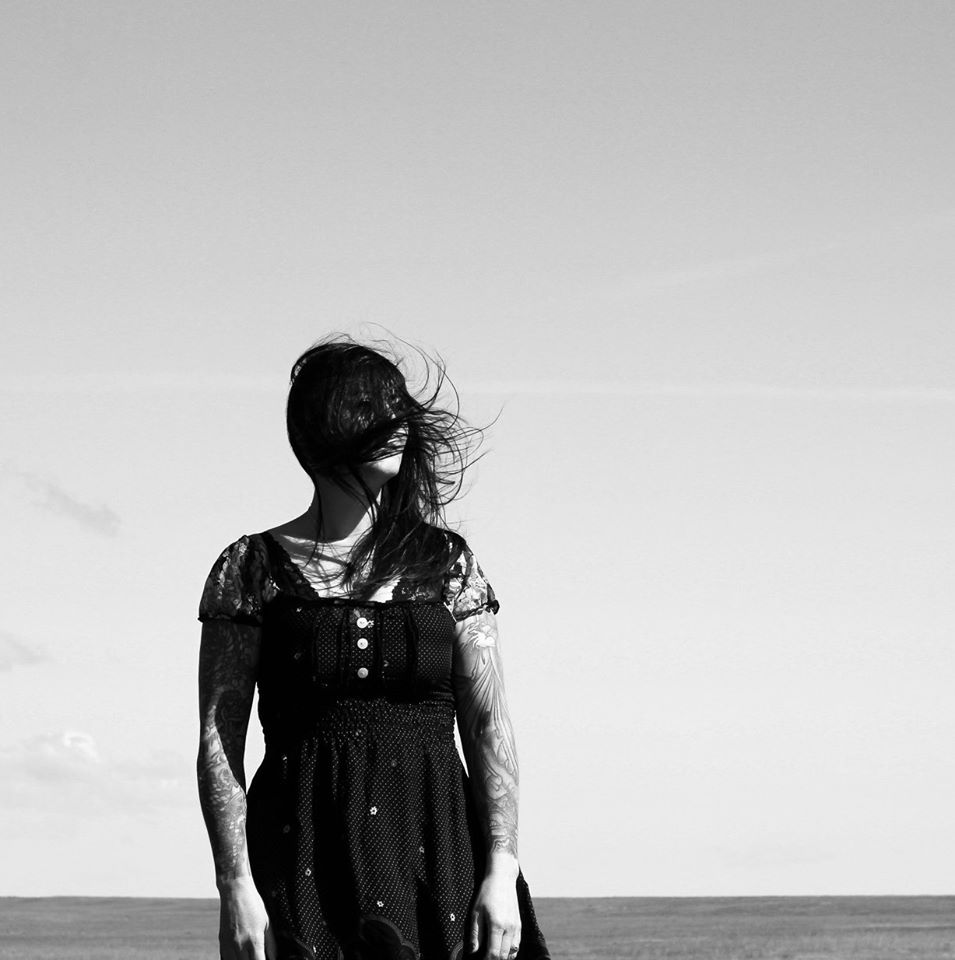
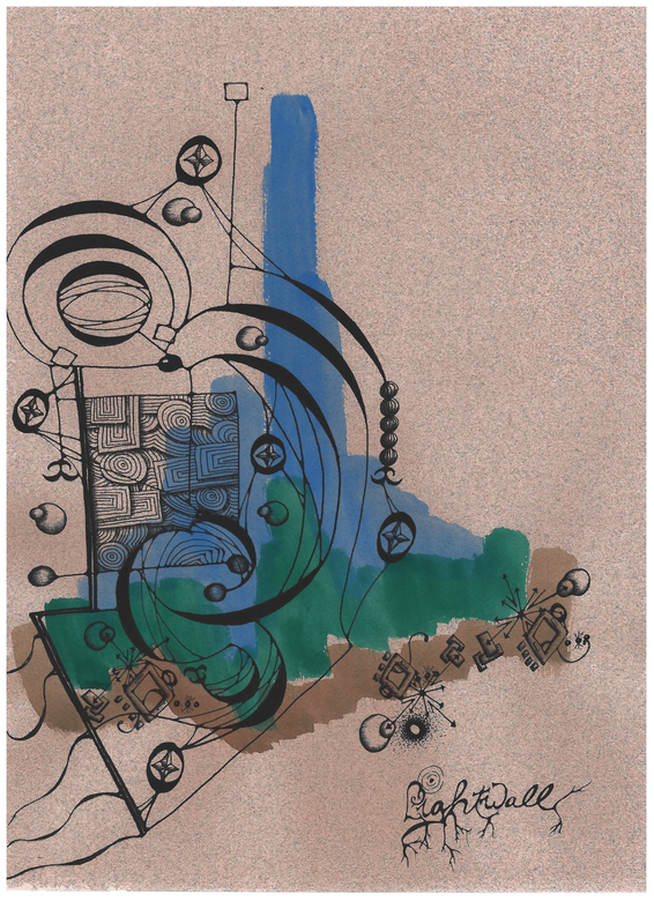
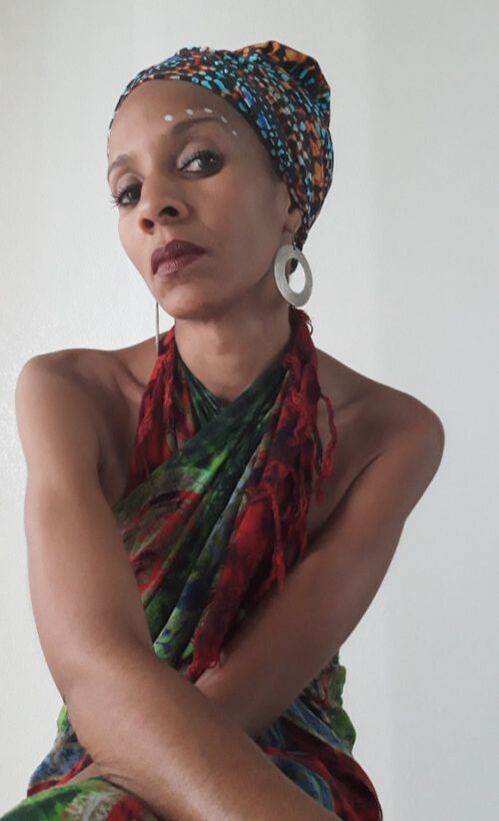
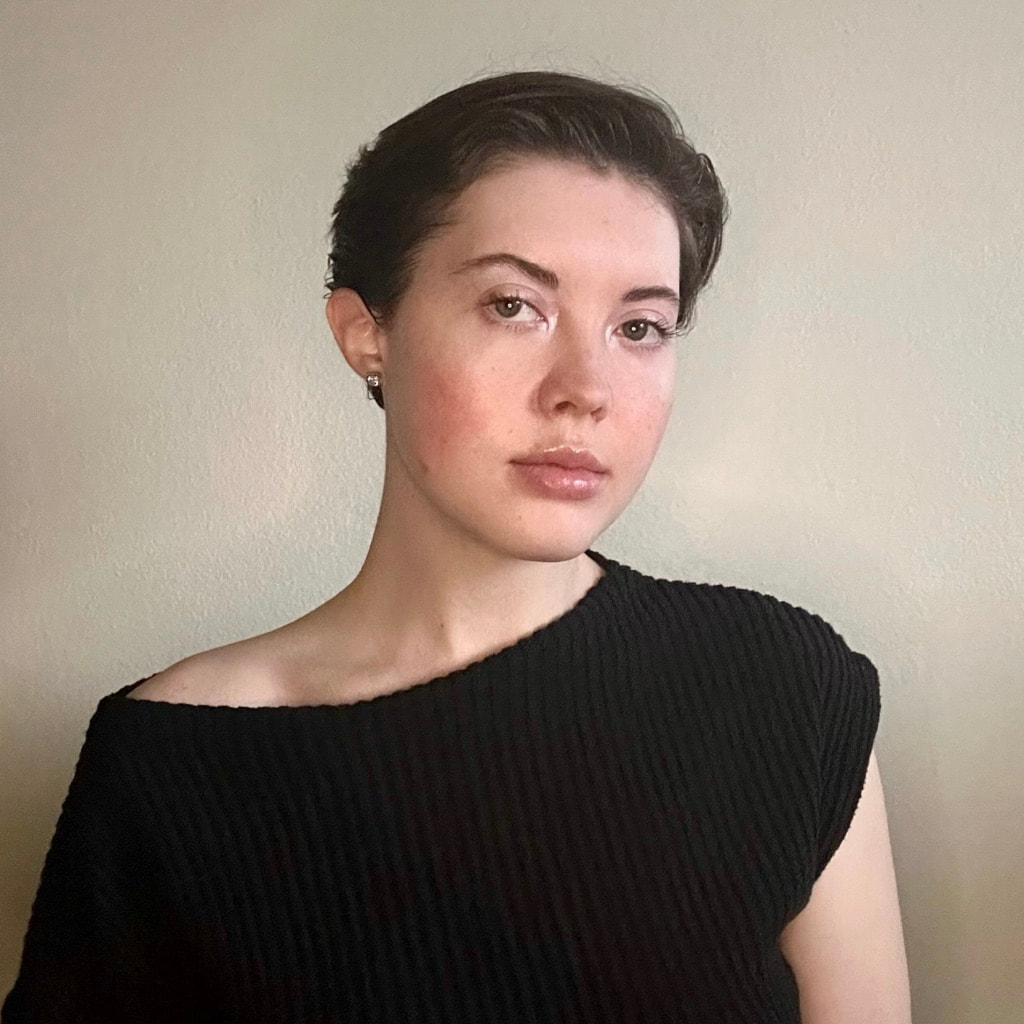
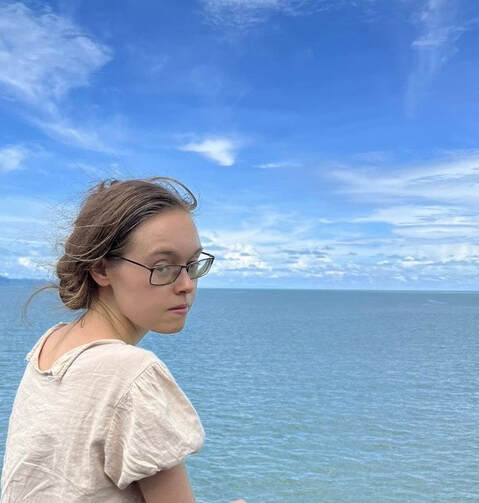
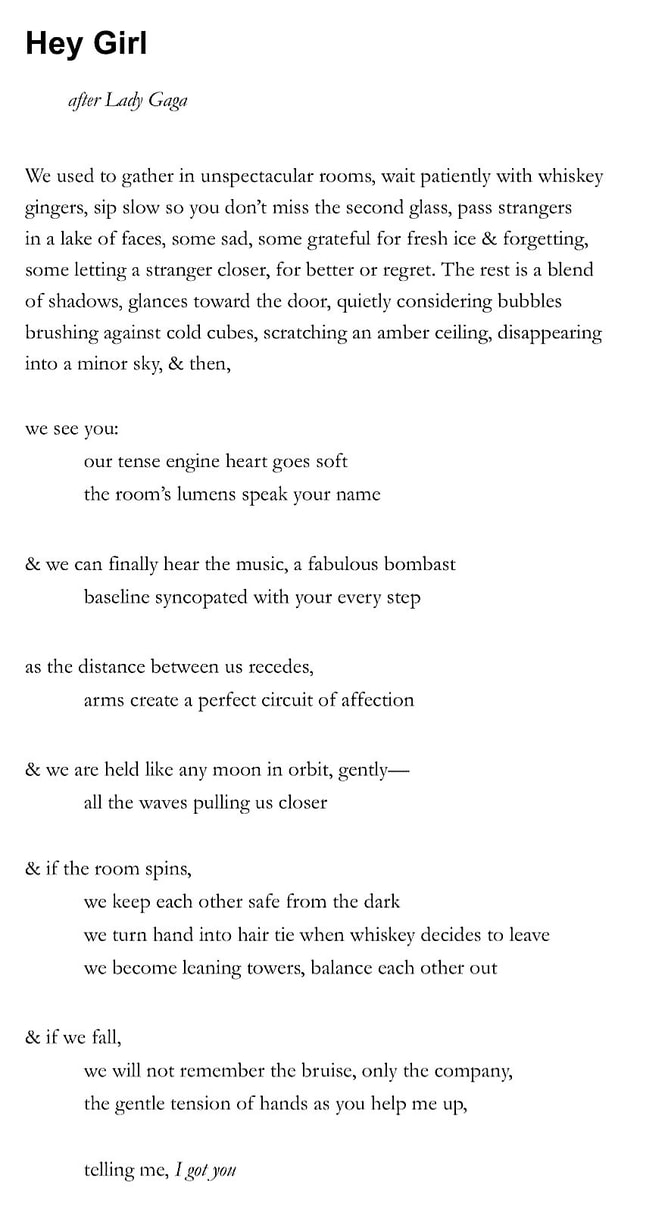
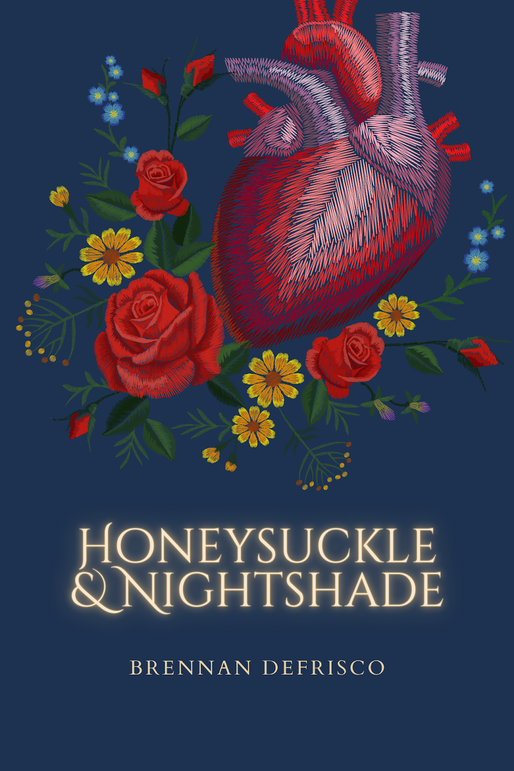
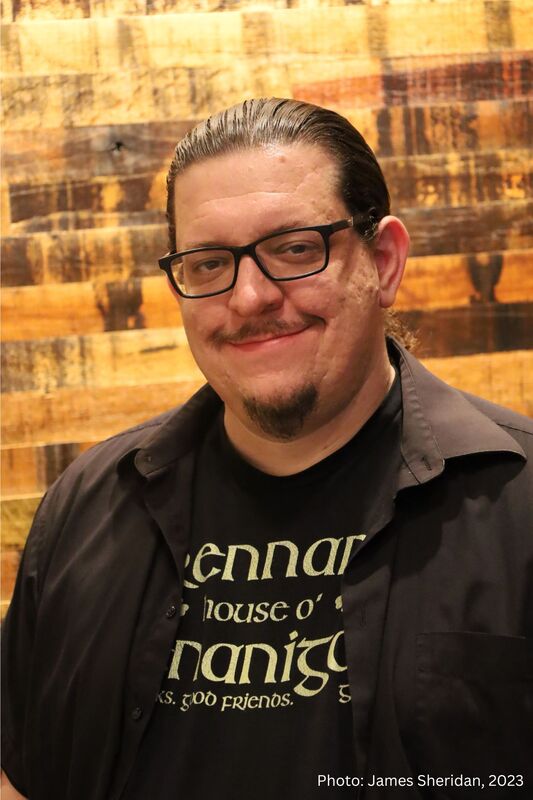

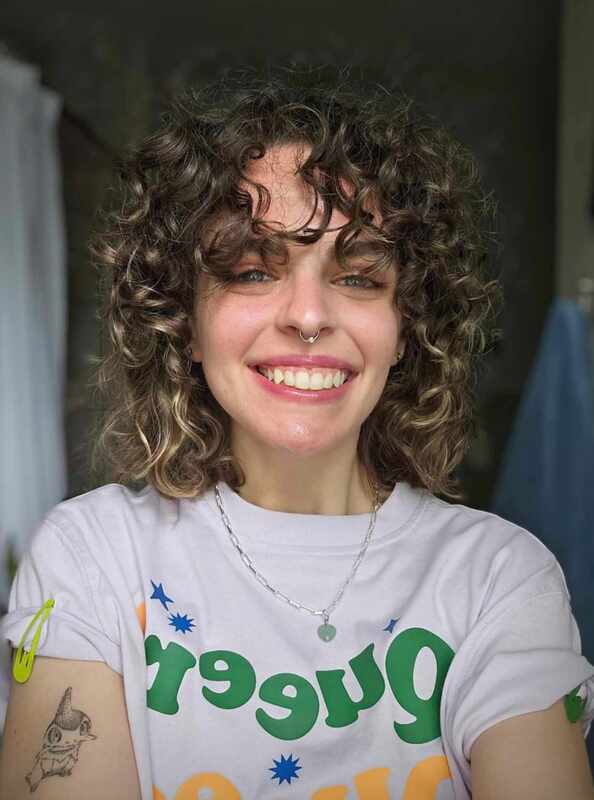
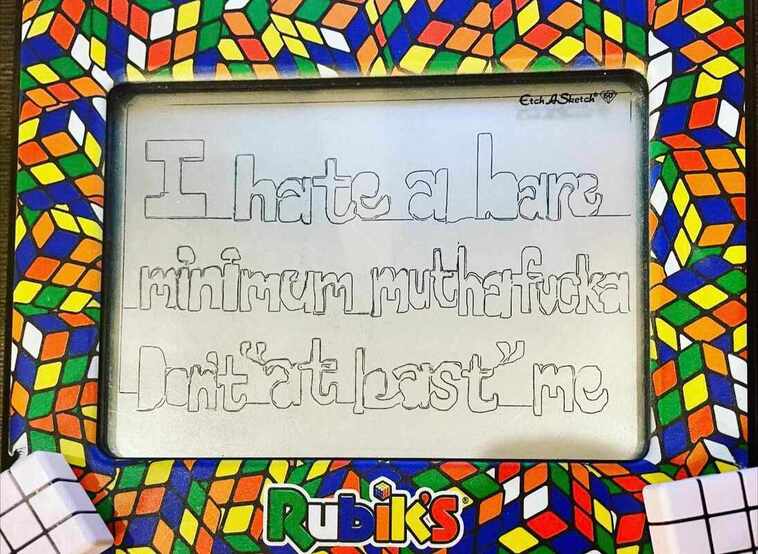
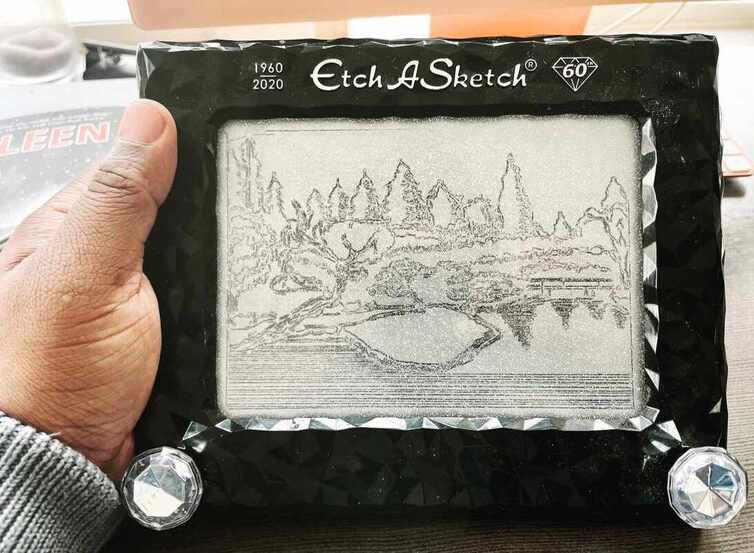
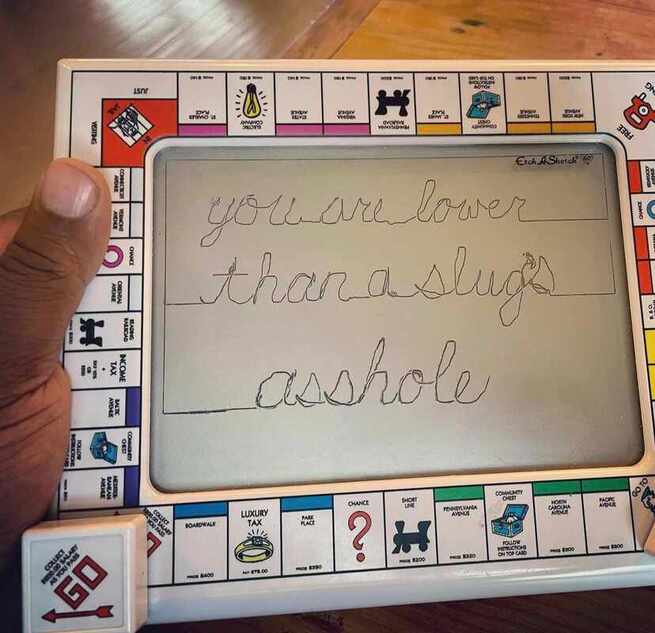
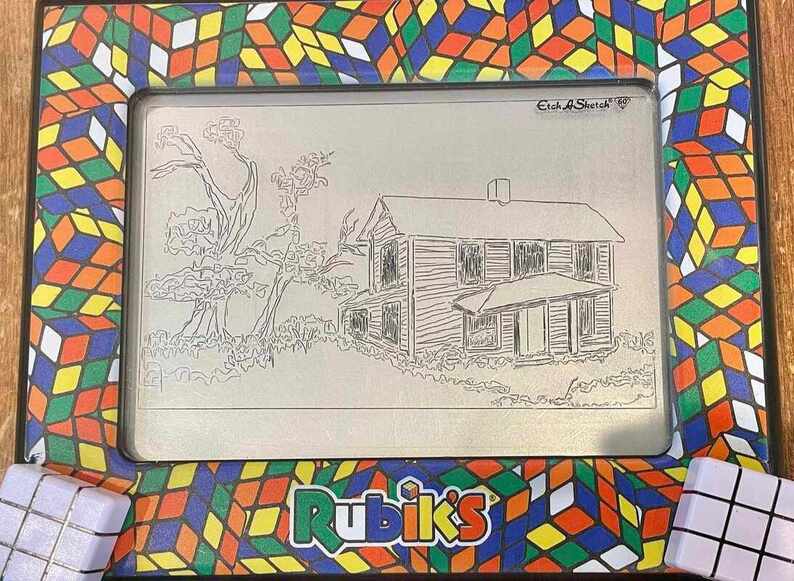
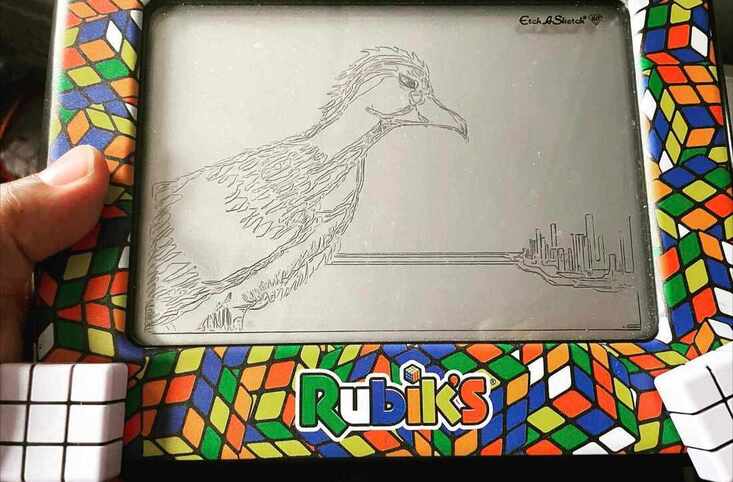
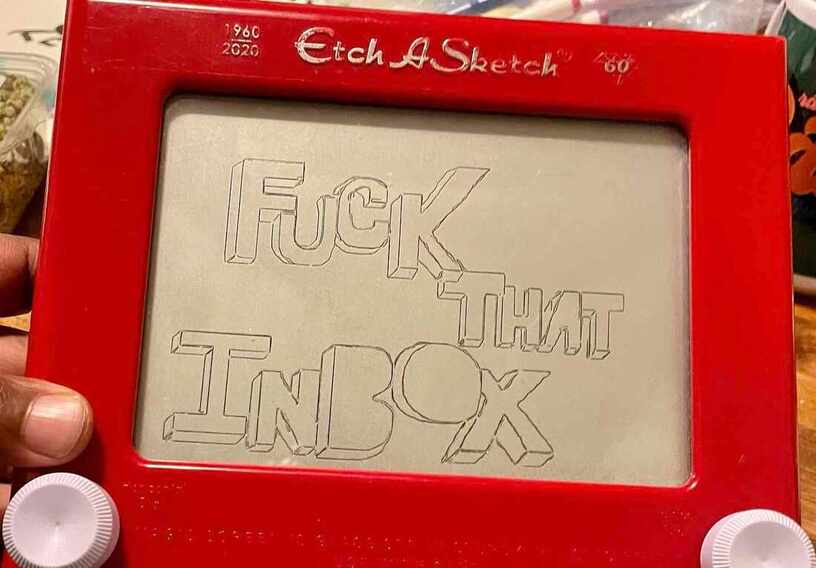
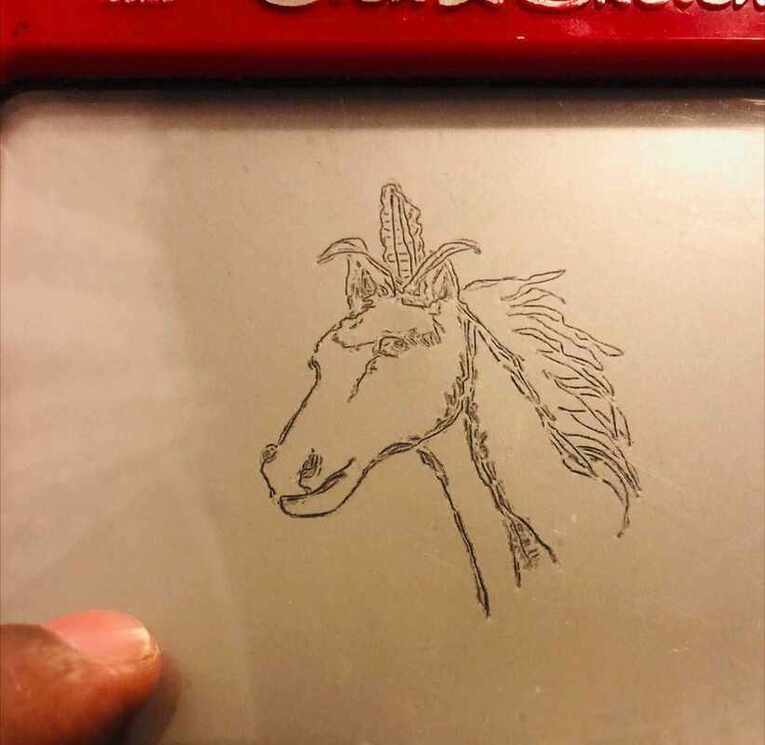
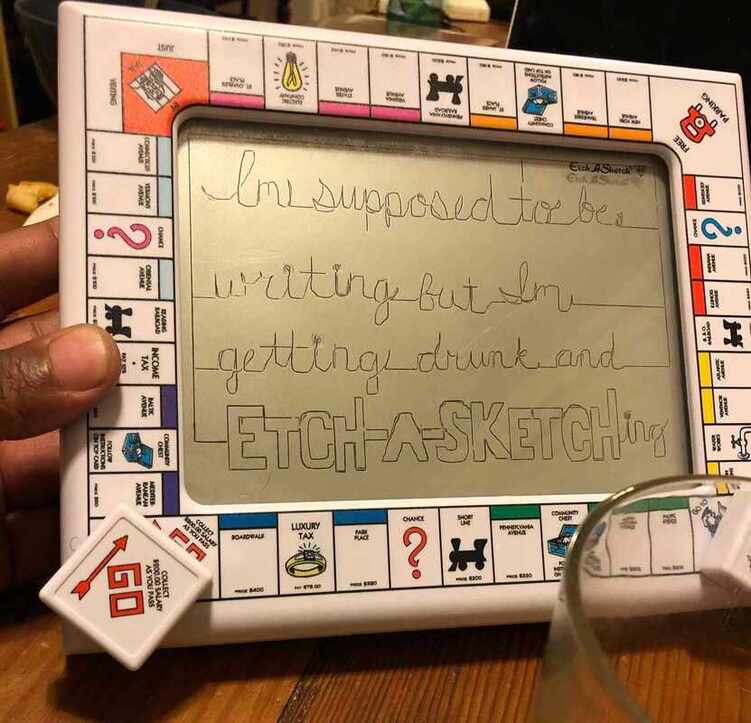
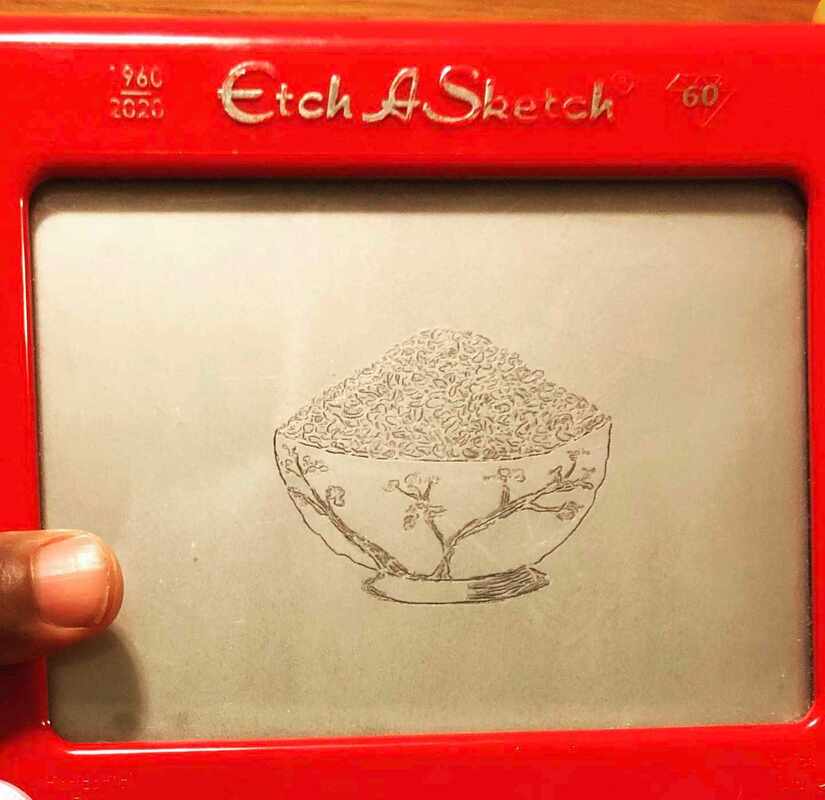
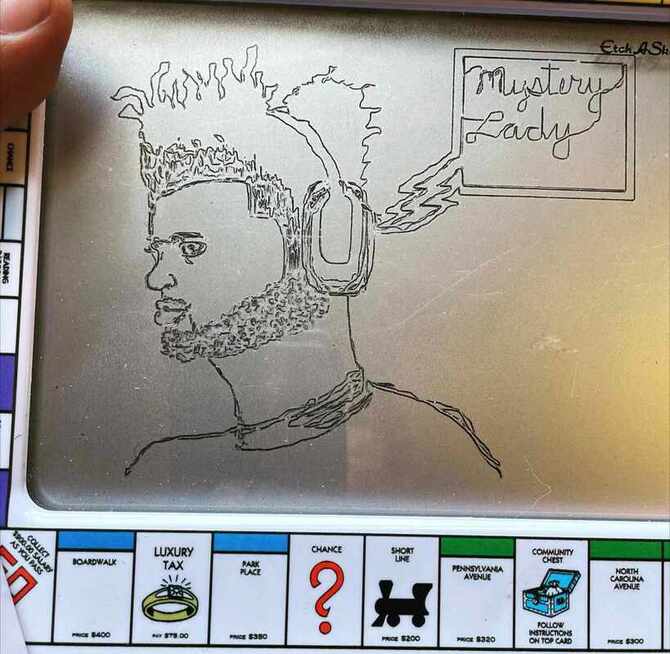

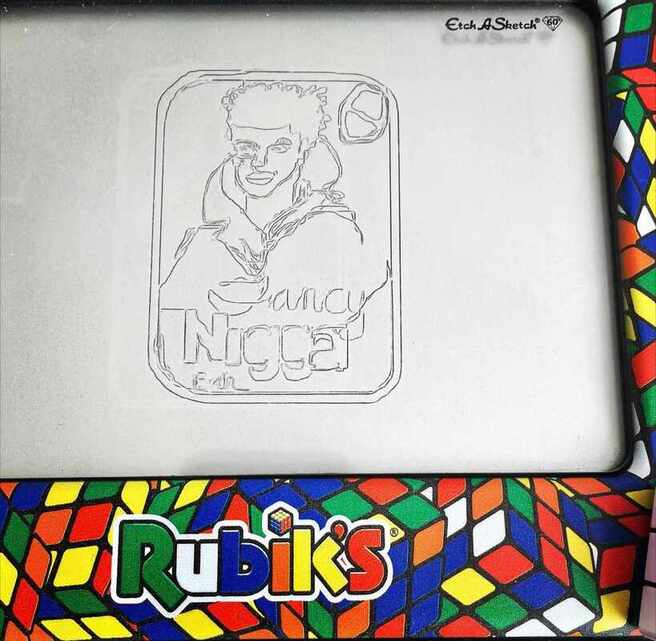
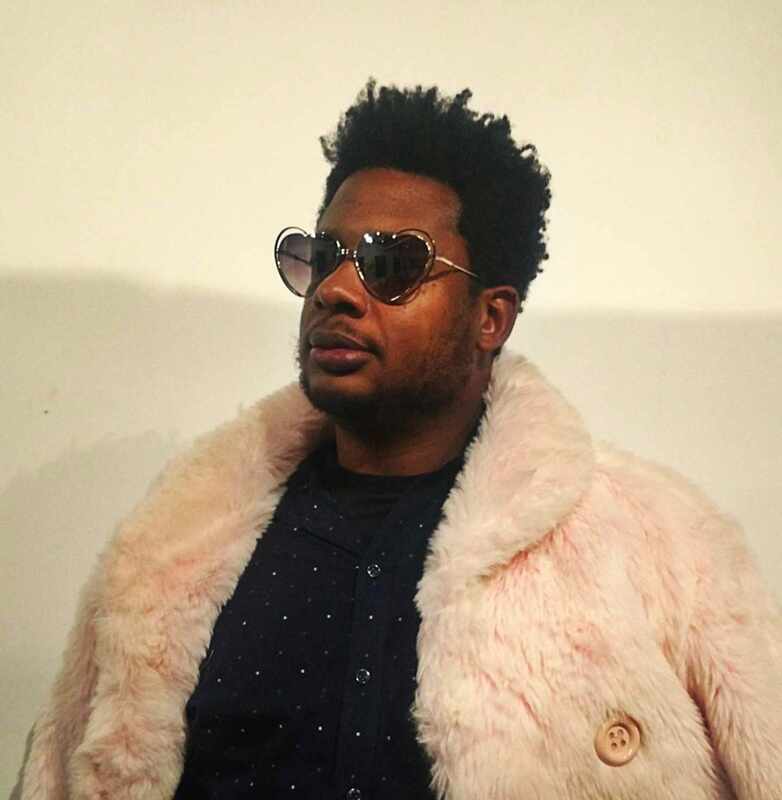
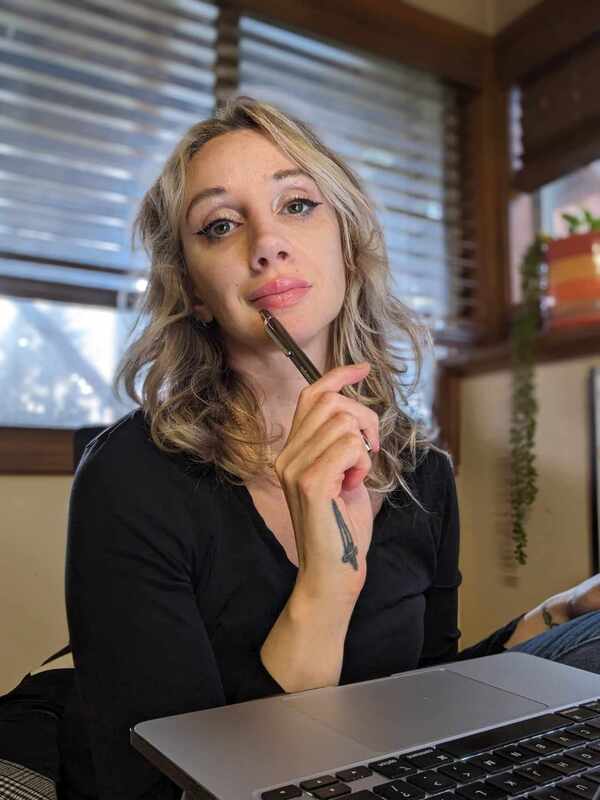
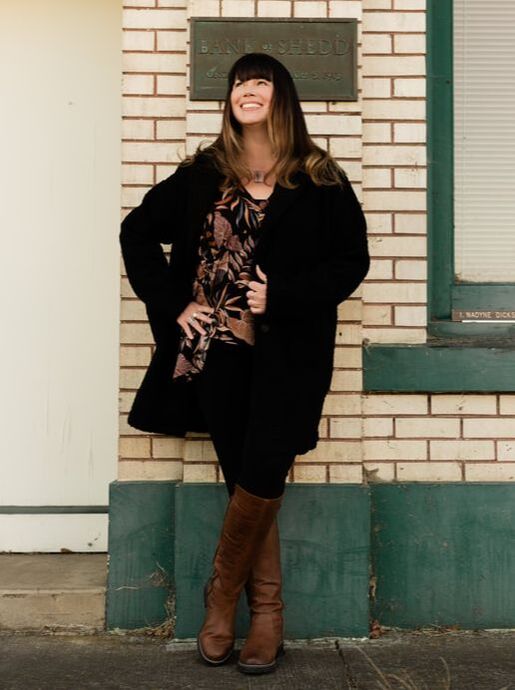
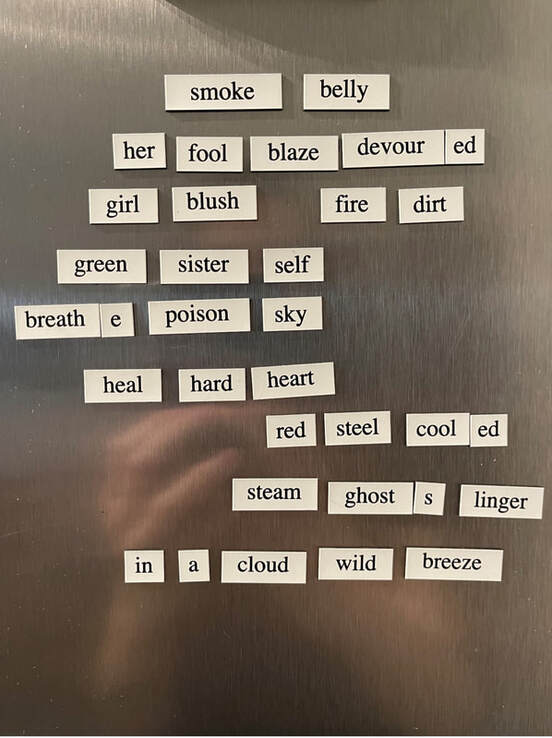
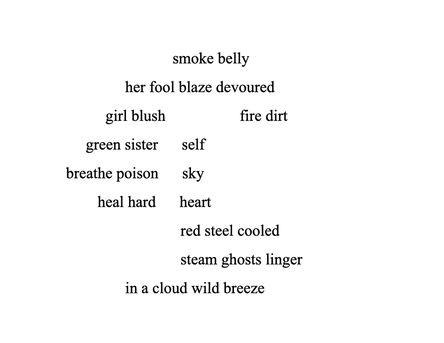
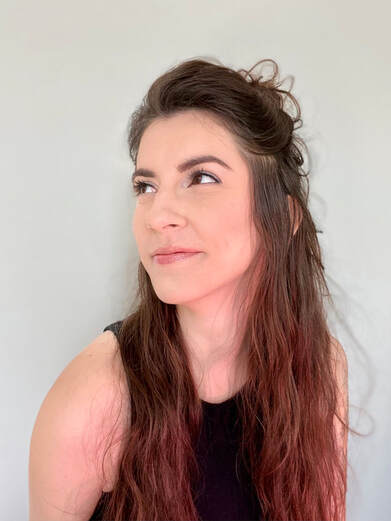
 RSS Feed
RSS Feed